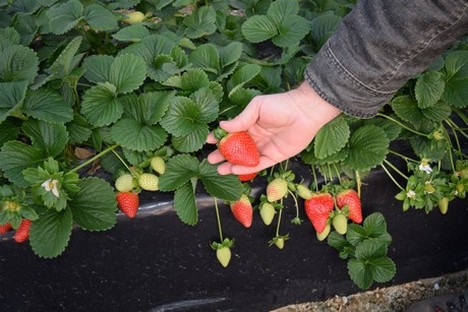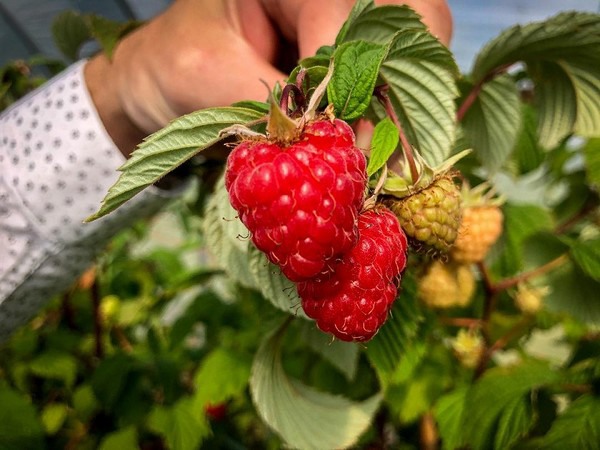January has been a cold month so far in Spain and this is delaying the ripening of berries in Huelva, especially strawberries, whose volumes have fallen 20% below the usual average to date.
"The average price of strawberries in Huelva up until January 15 is higher than last year's due to the lack of volumes. However, the supply and demand are still balanced, since January is not usually a month of high demand," says Rafael Dominguez, manager of Freshuelva.

"Now we are already receiving orders from importers in central and northern Europe for the week before Valentine's Day, when berry consumption, especially of strawberries, tends to soar. The winter has been cold so far and we will have to see if we will have enough fruit," he says.
According to the representative of this association, which accounts for most of the berry production in Spain, the first part of the season has been very good in terms of fruit quality. "The markets have responded positively to this, unlike other years in which we have faced more difficulties. We hope that the fruit's development won't be affected now by the sudden temperature drops and that we'll also be able to obtain good quality fruit from February onwards."
Spanish raspberry increasingly under pressure from Moroccan competition
The most negative data have been recorded by raspberries, whose planted area has already been reduced by 8.10% this year, from the 2,070 hectares planted last season to 1,902 this year. Undoubtedly, this is the berry that is most affected by competition from non-EU productions during the months of November and December.

"Up to week 52 of 2021, the price of raspberries stood 18.4% below the 2020 average in the same period," says Rafael Dominguez. "This is mainly due to growing competition from Morocco. Thus, the area planted with fall-harvest raspberries is falling. Morocco seems to be displacing Spain at this time of year. However, I think we should be able to remain present at this time of year, even if our volumes are smaller."
Huelva has more and earlier blueberries at its disposal
Spain is managing to bring the start of its blueberry season forward thanks to the supply of varieties developed in Huelva, either from seed houses or from companies in the sector that have their own trial fields.
"We are managing to compete with blueberries from Chile and Peru in December. The markets are increasingly trusting Spain, which is capable of delivering an increasingly consistent and remarkable production at times when it wasn't possible before. The blueberry production cannot be all concentrated in April and May. The diversification of the harvesting schedule is key for the campaign to be extended and more stable until July. Since the campaign started, there has been a good demand and great acceptance in the markets, which is translating into good prices."
Difficulty in opening trade channels in distant destinations
Last year, it was possible to open the Brazilian market for blueberries and the Canadian market for strawberries.
"We carried out pilot tests in both countries, and although we were able to circumvent the global logistical problems in Canada and the results have been positive, our shipments to Brazil were severely affected. Now we are working to open the Canadian and Chinese markets for our blueberries, although at the moment this is more complicated due to the pandemic and the logistical situation," says Rafael Domínguez.
For more information: www.freshuelva.es
